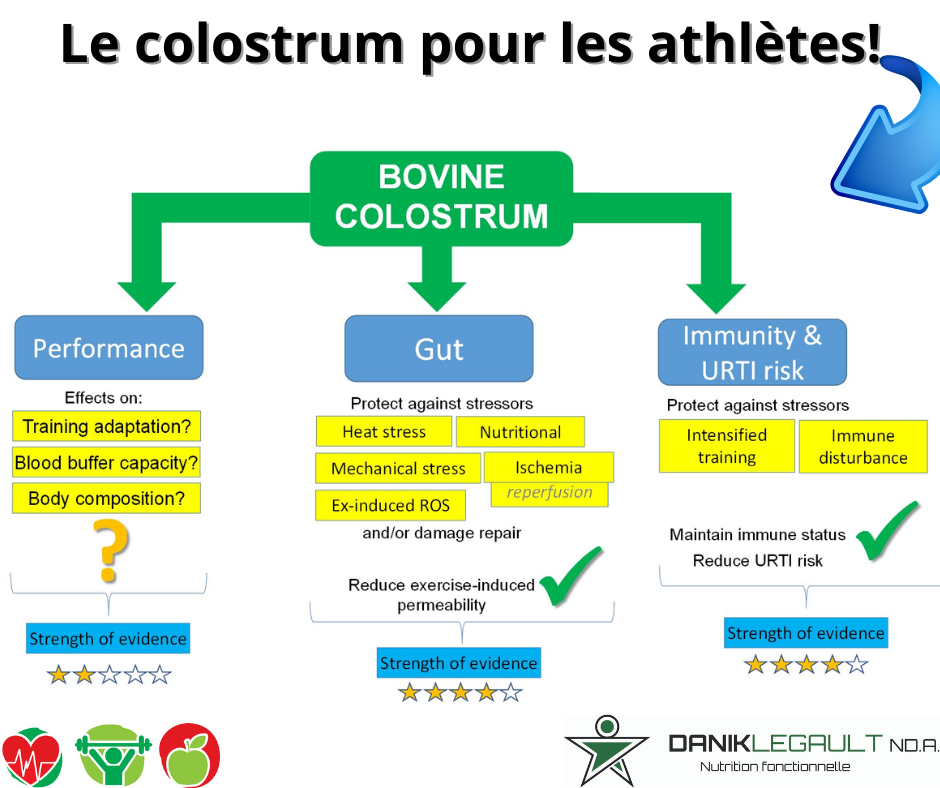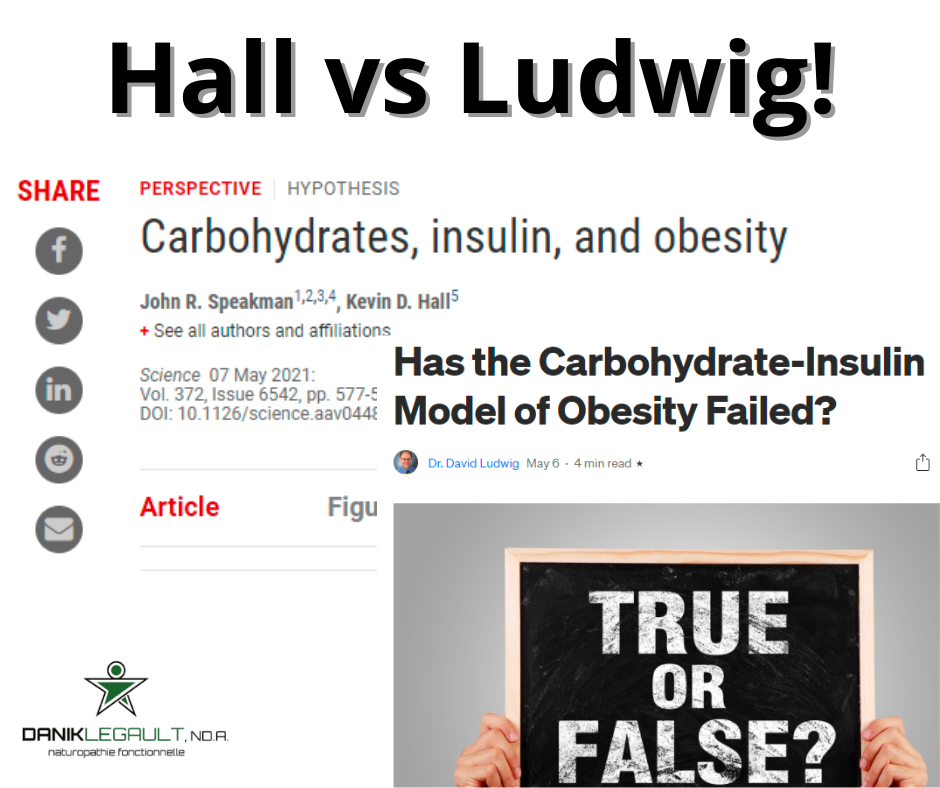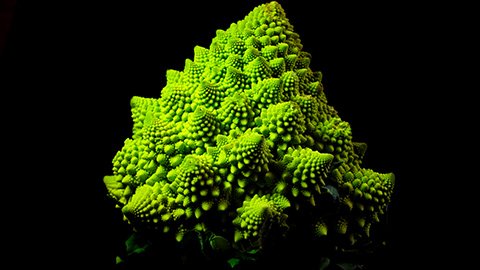Nous entendons de plus en plus parler du rythme circadien. Les études à ce sujet explosent.
Voir celle-ci du 12 juin 2020 dans Frontiers in Immunology: https://www.frontiersin.org/…/10…/fimmu.2020.01237/full
Tout fonctionne en cycle! Nos hormones, mais également les saisons, les cycles jours/nuits. Tout ce qui existe émet des ondes électromagnétiques qui oscillent en cycle, c’est le cas de notre galaxie en allant jusqu’à l’intérieur des atomes.
De façon plus concrète, nous avons des horloges biologiques qui règlent nos cycles. Nous avons notre horloge centrale (noyau suprachiasmatique), mais également des horloges périphériques qui gèrent nos systèmes, organes et même chacune des cellules. Nos cellules ont des gènes qui règlent les horloges cellulaires que l’on nomme « clock genes ».
Les allergies : Asthme, allergies environnementales, saisonnières, intolérances alimentaires, dermatites (eczéma, etc.) sont caractérisés par des dysfonctions de la barrière épithéliale et une réponse immunitaire mal équilibrée.
L’étude fait le lien entre une perturbation de nos horloges et la dysfonction des barrières épithéliales et de la réponse immunitaire. Avez-vous remarqué que certains symptômes sont toujours pires à certains moments de la journée ou de la nuit?
La perturbation chronique de nos cycles de lumière et noirceur, de même que les moments où l’on décide d’être actif et de s’alimenter vont avoir un impact sur nos horloges.
Extrait de l’article :
« The human body contains ~40 trillion cells, each with a ~24-h clock. Thus, our body consists of a multi-oscillator network system. »
« Misalignment between the endogenous circadian clock and environmental cycles (or zeitgebers) compromises human mental and physical health »
« The epithelium in the skin, intestine, and airways acts as a physical, chemical, and biological barrier against pathogens, chemical agents, and allergens. Epithelial barrier dysfunction is critical for the initiation of allergic disease in many organs (2, 3, 5). In brief, disruption of epithelial barrier function increases epithelial permeability that enables entry of allergens into the body and activates the allergic immune response. »
“The circadian nature of IgE-mediated allergic diseases is well-documented: in allergic rhinitis and asthma, symptoms, nasal or bronchial reactivity, and inflammatory activity become more pronounced in the early morning and at midnight »
« Clock genes are rhythmically expressed in both T and B cells (82, 83) and temporally control lymphocyte trafficking and development, and immune responses against diverse pathogens (10–13). »
“Circadian gating of epithelial barrier function and immune response likely evolved to anticipate environmental physical, chemical, and biological insults (e.g., hot air, pollutants, pathogens) and to maximize host defense during the greatest time of the insults’ exposure (11, 13) »
« it is becoming clear that the circadian clock is a potent regulator of allergic reaction with more than a simple time-keeping role »
« This new knowledge highlights circadian disruption as a new precipitating factor of allergic disease in modern society, in which our sleep, work, and eating habits are out of sync with endogenous circadian rhythmicity. This may partly explain why allergic disease is so prevalent in developed countries. »
Intéressant, n’est-ce pas? Il est important de noter que c’est l’un des mécanismes. Je pense que l’agriculture moderne, la surutilisation d’antibiotique, la perte de biodiversité générale jouent un grand rôle également dans la fonction de nos barrières et de notre immunité.
#onnepeutpasnégocieraveclanature
#naturopathie #santé #médecinefonctionnelle #médecineintégrative #alimentation #alimentationsaine #habitudesdevie #vivrenaturellement #bio #nutrition #pertedepoids #nutritionsportive #bienêtre #bienmanger















